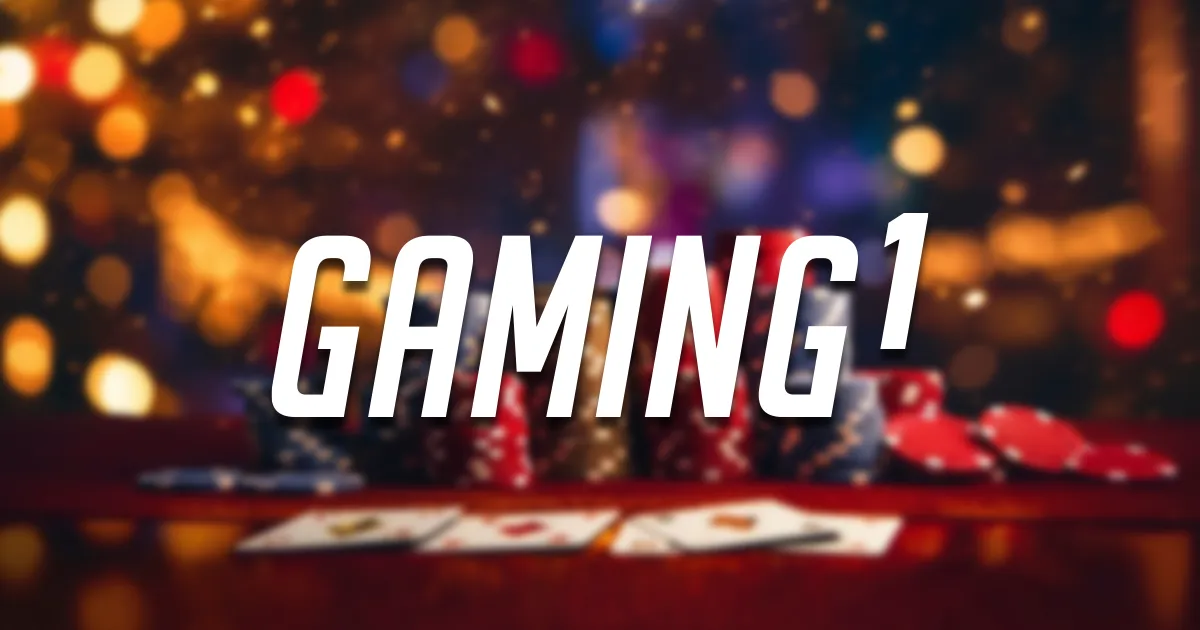Strict Belgian legislation can be counterproductive
Strict Belgian legislation could have a negative effect, at least that is what gaming operator Gaming1 thinks. According to him, the stricter rules are pushing players into the dangerous illegal black market.
Increase in unlicensed businesses
Citing recent Nepa surveys, the company also points out that more and more players are turning to the black market every year. Data shows that the use of unlicensed websites increased by 6% in 2023 alone.
Gaming1 examines the results of two studies, namely a study by the Gambling Commission (KSC) and a report by Yield Sec. The operator says the number of unlicensed businesses continues to rise, despite the KSC’s efforts to combat illegal gaming.
Unlicensed companies do not follow the rules and therefore offer bigger bets and winnings. In addition, there are no limits and it is also possible to play before the age of 21.
Recent studies even show that the 10 most popular websites in our country are illegal.
Illegal businesses must be fought
Gaming1 highlights the importance of fighting the black market. Major sporting events are also approaching, such as the Tour de France and the European Football Championship, which the illegal market will also want to capitalize on.
Gaming1 would like to emphasize once again that such companies pose a significant risk to the health of players, as these companies have no regulations and therefore expose players to many dangers. Non-payment of winnings and misuse of personal data also pose a real danger.
Overregulation harms the Belgian market
Gaming1 believes that overregulation is harming the Belgian market. The company expresses concerns about the restrictive nature of the regulations which impose many restrictions and therefore seem to have a negative effect, arguing that this encourages players to enter the black market.
Our country has several limits, including a weekly deposit limit of 200 euros and since July 1, 2023, almost all advertising is banned, and efforts are underway to prevent young people under the age of 21 from betting on sports matches at from September. Furthermore, bonuses, which often attract many players, have also been banned since 2020.
Gaming1 believes that these rules take a stigmatizing approach instead of addressing the issue in moderation. The company called on authorities to be more careful with their regulations and seek balance rather than excessive regulation.


